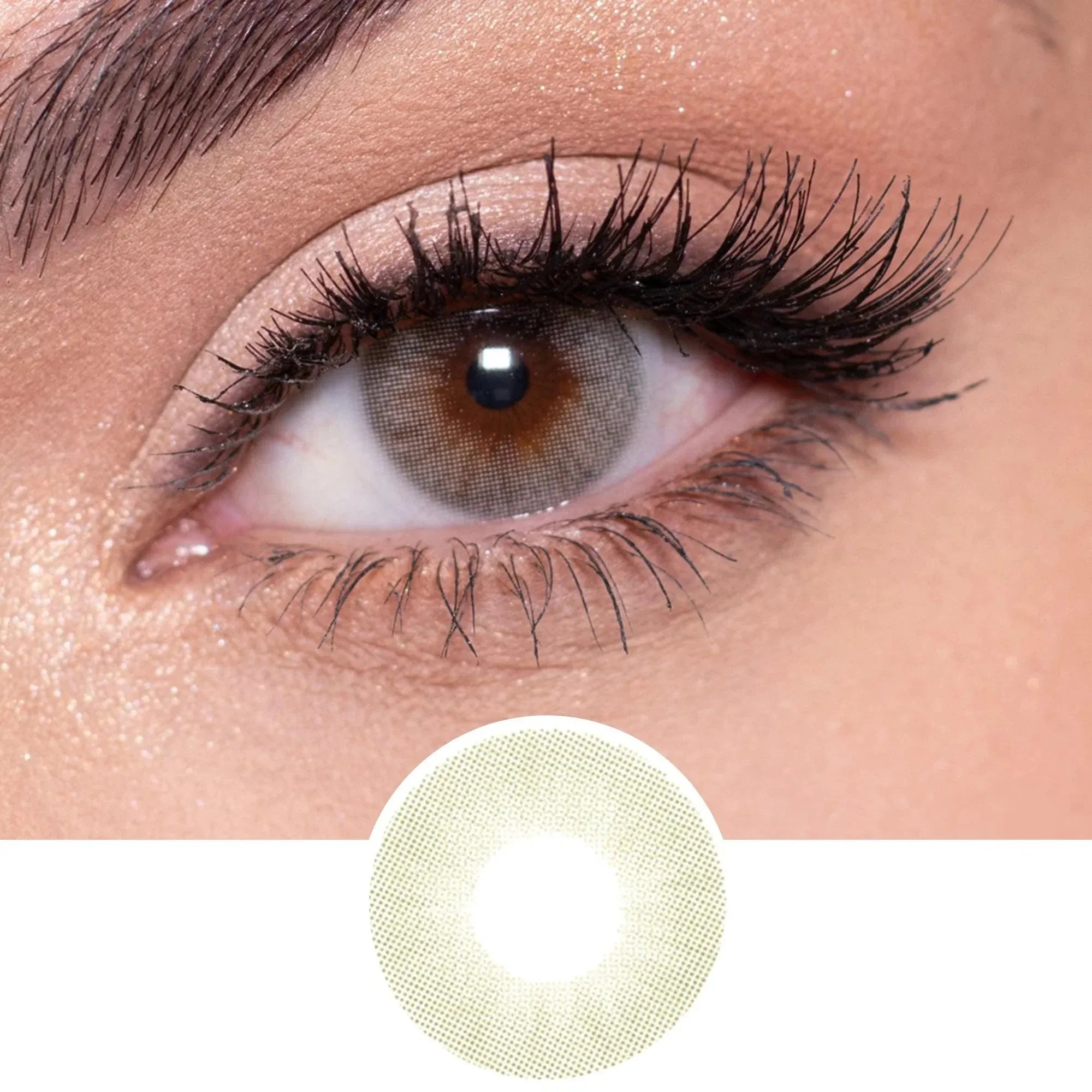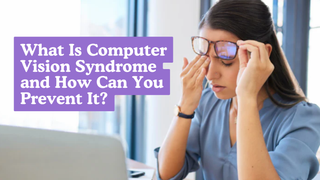When you think about health and wellness, the first things that often come to mind are a balanced diet, a good skincare routine, and maybe hitting the gym. But, what about those mesmerizing eyes of yours? After all, they're not just the window to your soul but also a vital organ that needs some TLC.
What’s With The Twitch?
Eye twitches, known as myokymia in medical lingo, are involuntary eyelid muscle contractions. Here are some of the most common triggers:
Fatigue
Our bodies have an interesting way of sending us signals when we're running low on sleep, and for your eyes, it’s the twitch. It's kinda like they’re tapping out a little SOS, telling you they need some solid shut-eye.
Stress
When you're stressed, your body releases certain chemicals and hormones, which can cause various reactions, including a twitchy eyelid. Think of it as your eyes' way of subtly hinting, "Hey, maybe it's time for some meditation or a spa day?"
Caffeine
For all the coffee lovers out there, this might be a tough one to swallow. Caffeine stimulates the nervous system, and while it’s great for keeping you awake and alert, too much of it can make your muscles, including those in the eyelids, more reactive. So, if your eyelids start dancing after your third cup of Joe, maybe consider switching to decaf.
Eye Strain
With the digital age, many of us spend hours staring at screens. Be it for work, catching up on the latest TV series, or scrolling through socials. But, extended screen time means your eyes are working overtime, leading to strain. This fatigue might then translate into—you guessed it—an eye twitch. Pro tip: Try the 20-20-20 rule. Every 20 minutes, look at something 20 feet away for 20 seconds.
Nutritional Imbalance
Our bodies are a bit like complex machines, requiring the right balance of vitamins and minerals to function optimally. If you're lacking in essential nutrients, especially magnesium, it might manifest as a twitch in the eye. Consider it a gentle nudge from your body to reevaluate your dietary choices and maybe throw in a spinach salad or some nuts for good measure.
Does Wearing Contacts Cause Eye Twitching?
Now, let's chat about the elephant in the room – or rather, the contact lens in the eye. Is there a link between contacts and eye twitching?
In truth, while colored contacts are designed to be safe and comfy, if they're not properly cared for, they could lead to eye strain or irritation. This, in turn, could trigger an eye twitch. That being said, always ensure you're:
-
Cleaning and Storing Properly: Keeping your contacts squeaky clean is essential. Always use a fresh solution and never, ever (yes, we're stressing this) use water or saliva.
-
Taking Breaks:We know, it's easy to get carried away with those gorgeous colored lenses. But give your eyes a breather now and then.
-
Hydrating Your Eyes: If you’re wearing contacts, especially in drier climates or seasons, using some rewetting drops can be your best friend. It keeps your eyes fresh and your contacts comfy.
While an occasional eyelid twitch is usually harmless and more of an annoyance than a real concern, if it persists for longer than a week or comes with other symptoms, it's always a good idea to consult your eye doc.
After all, our eyes aren’t just the window to our soul, but also an indicator of our overall health. So, let's keep them happy and healthy!










